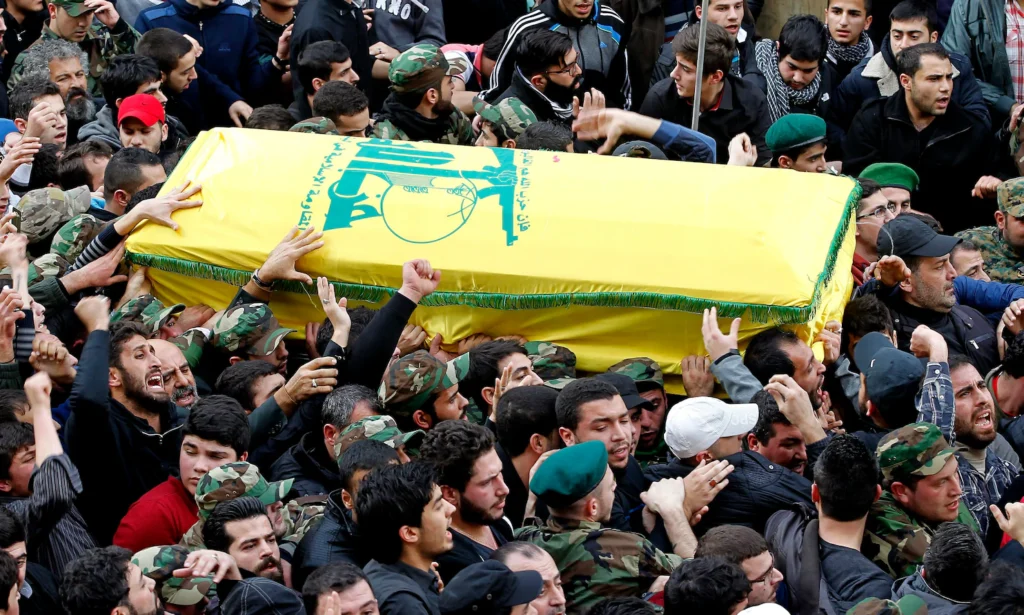In the aftermath of Israel’s audacious killing of Hezbollah’s top commander, Fuad Shukr, the Lebanese capital of Beirut is poised on a knife’s edge. The city’s sun-kissed seafront, where locals and tourists alike once strolled carefree, now feels like a fragile facade, masking the ominous threat of war. Billboards emblazoned with Shukr’s image and defiant slogans like “We will avenge” dot the landscape, a testament to Hezbollah’s unyielding resolve.
In the heart of the city’s southern suburbs, a bastion of Hezbollah support, the atmosphere is electric with anticipation. Inside a heavily fortified complex, the faithful gather, their faces set with determination, as they await the words of their leader, Hassan Nasrallah. The air is heavy with expectation, punctuated by the sudden, thunderous boom of Israeli jets piercing the sky, a stark reminder of the tensions simmering just below the surface.
Nasrallah’s speech is a masterful blend of defiance and calculated restraint, leaving the door open for a reprisal that could reshape the region’s fragile balance of power. As the crowd disperses, the sense of unease lingers, a palpable feeling that the next move could be the spark that sets the entire region ablaze.



